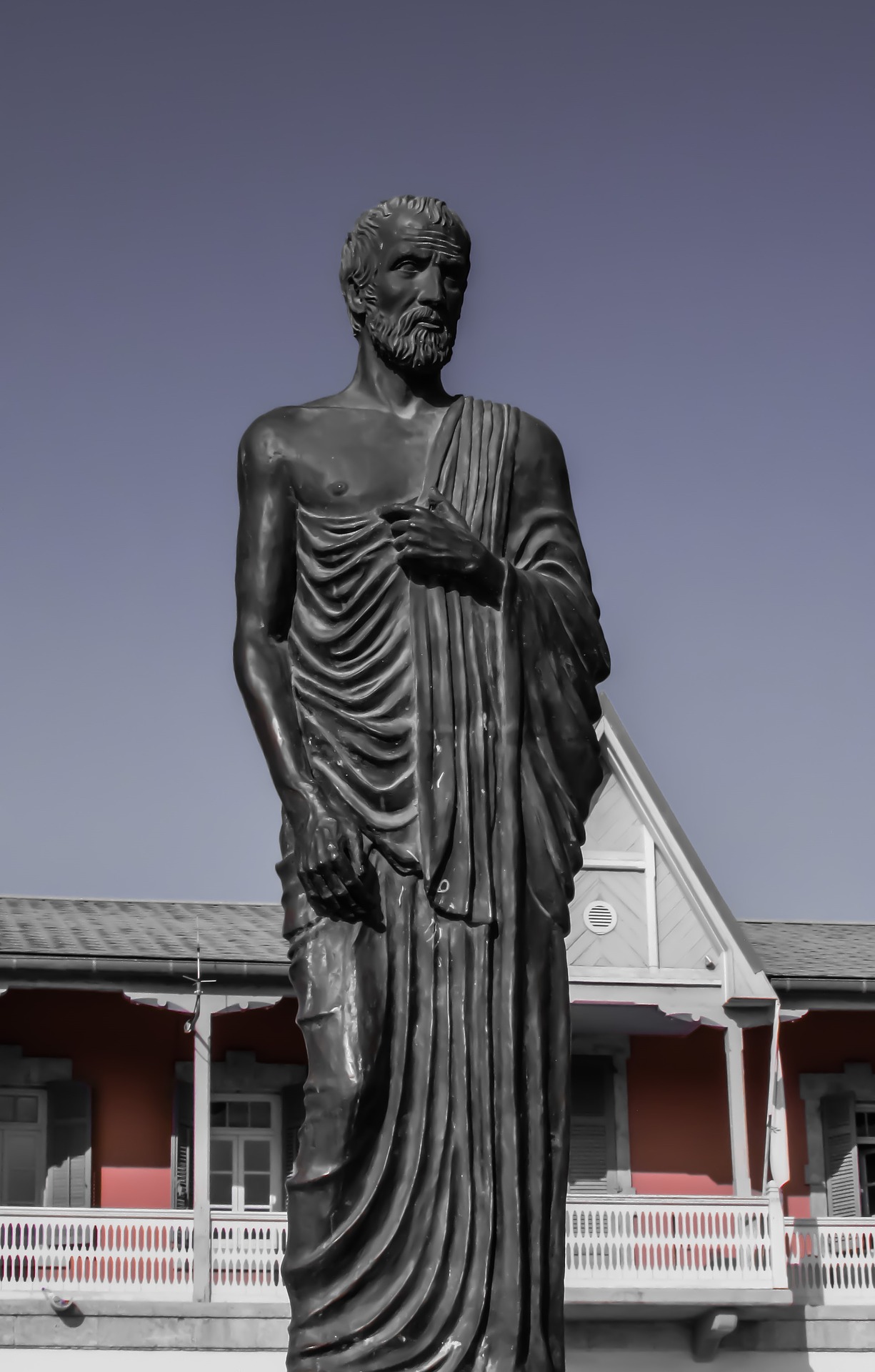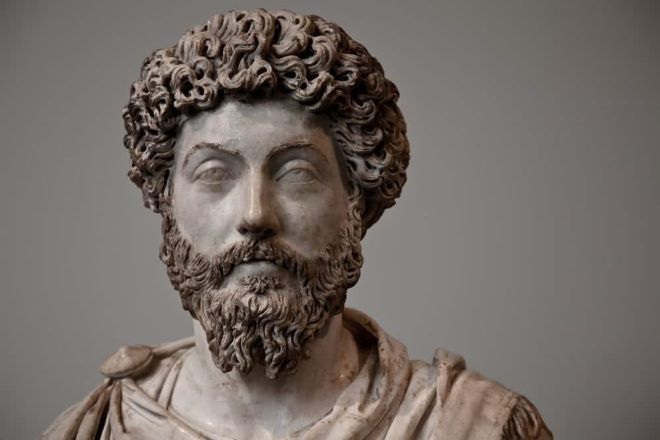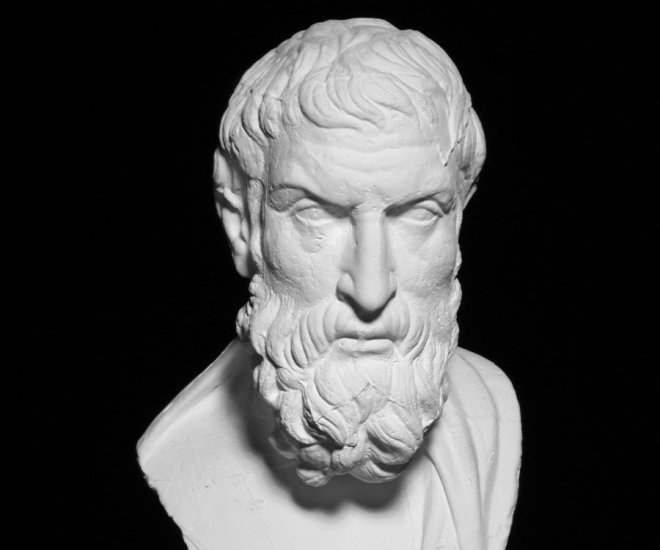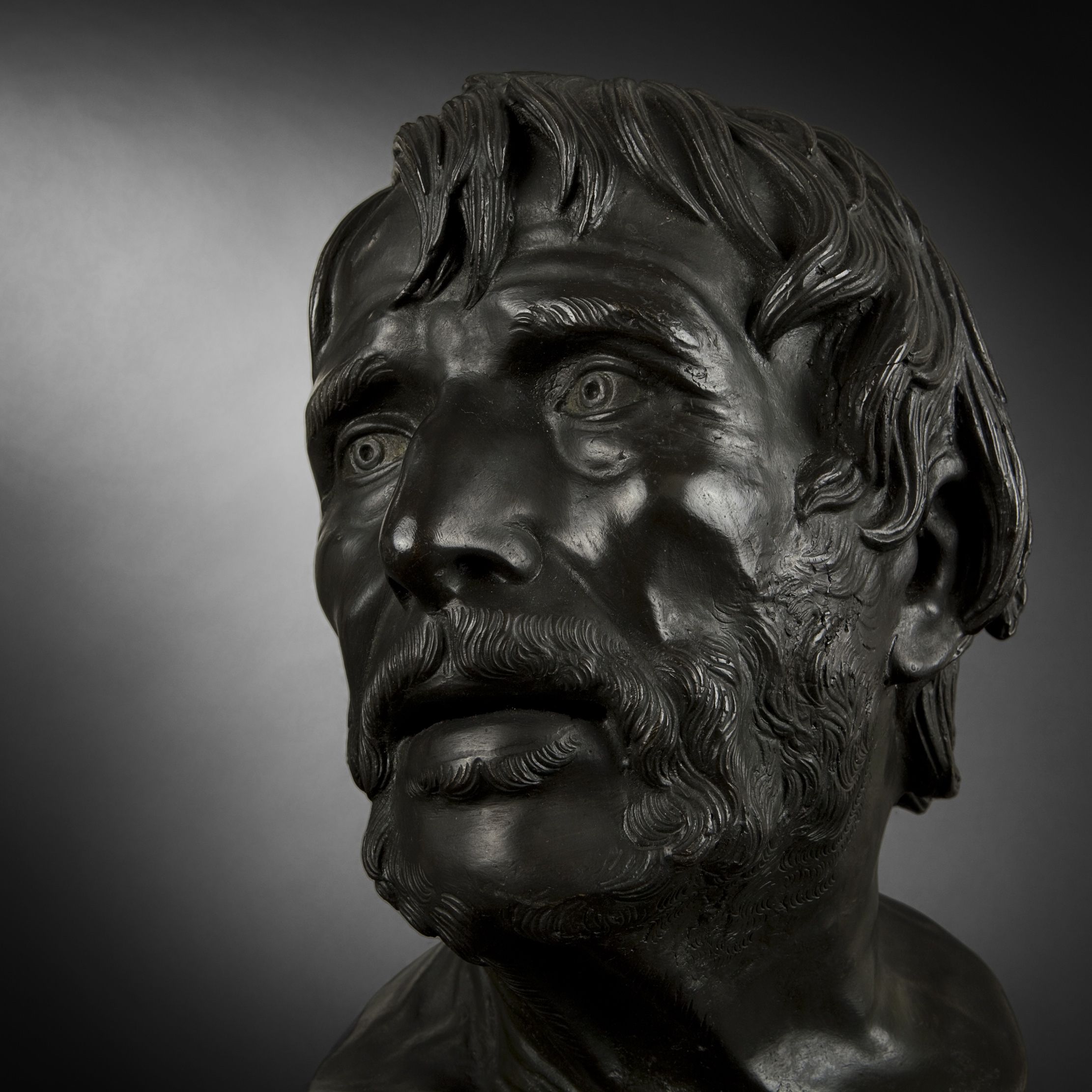
Marcus Aurelius
Revenge
“The best revenge is not to be like your enemy”

Revenge
“The best revenge is not to be like your enemy”
Tolerance
“Be tolerant with others and strict with yourself.”
Courage
“He who fears death will never do anything worth of a man who is alive.”

the boss
“Life is very short and anxious for those who forget the past, neglect the present, and fear the future.”
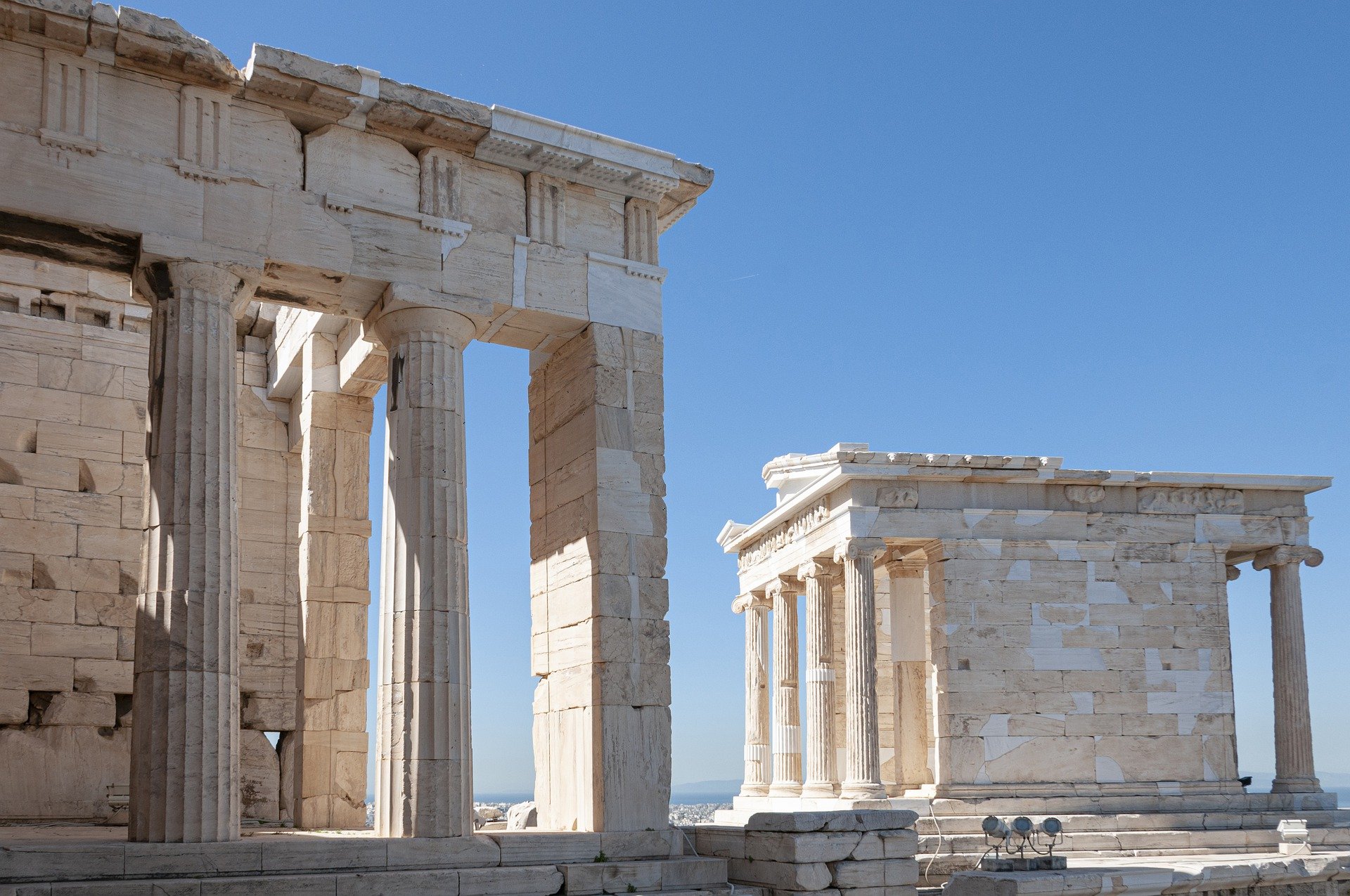
Philosophy
“Don’t explain your philosophy. Embody it.”
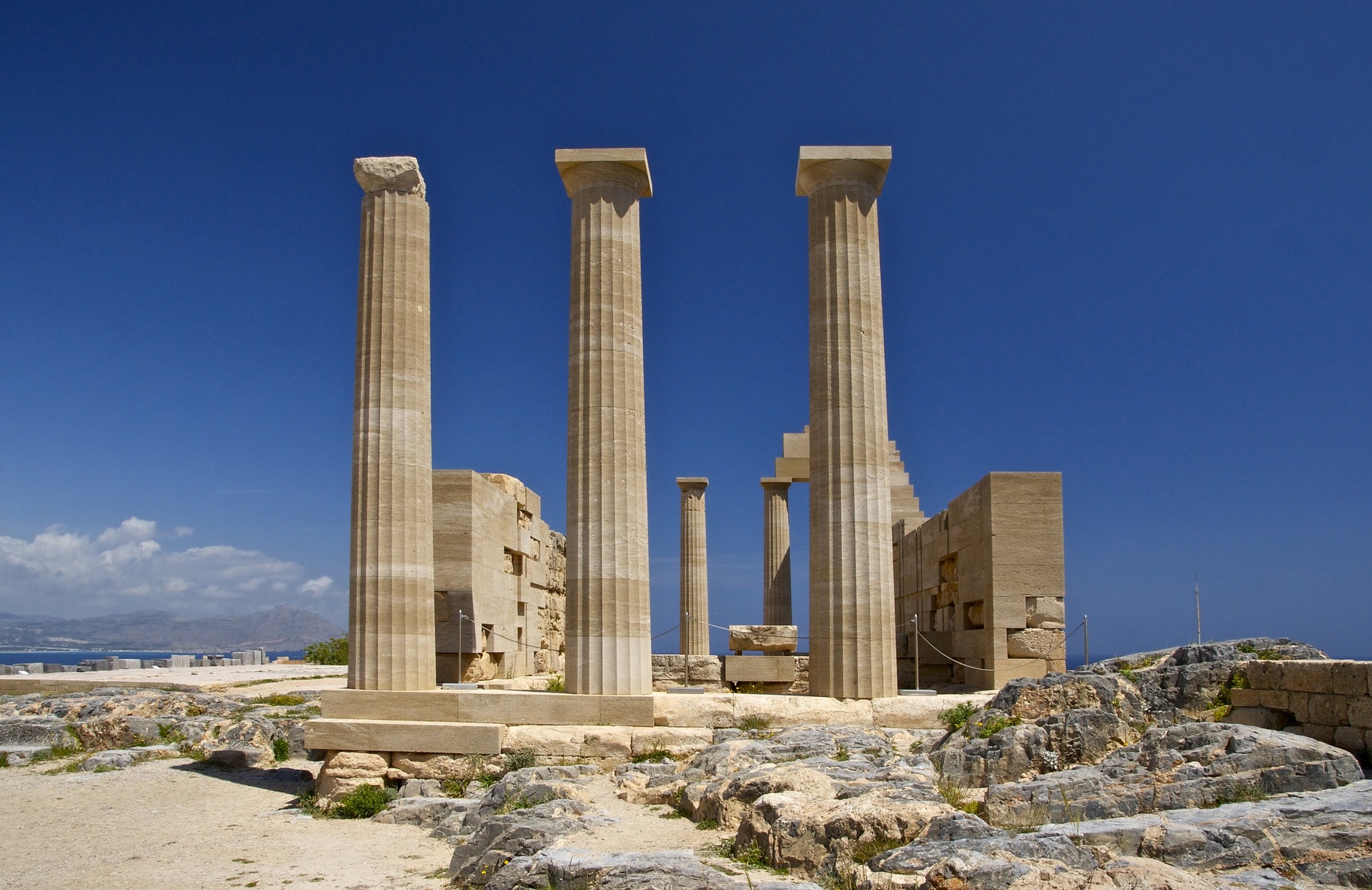
Now
““If a man knows not which port he sails, no wind is favorable.” – Seneca”
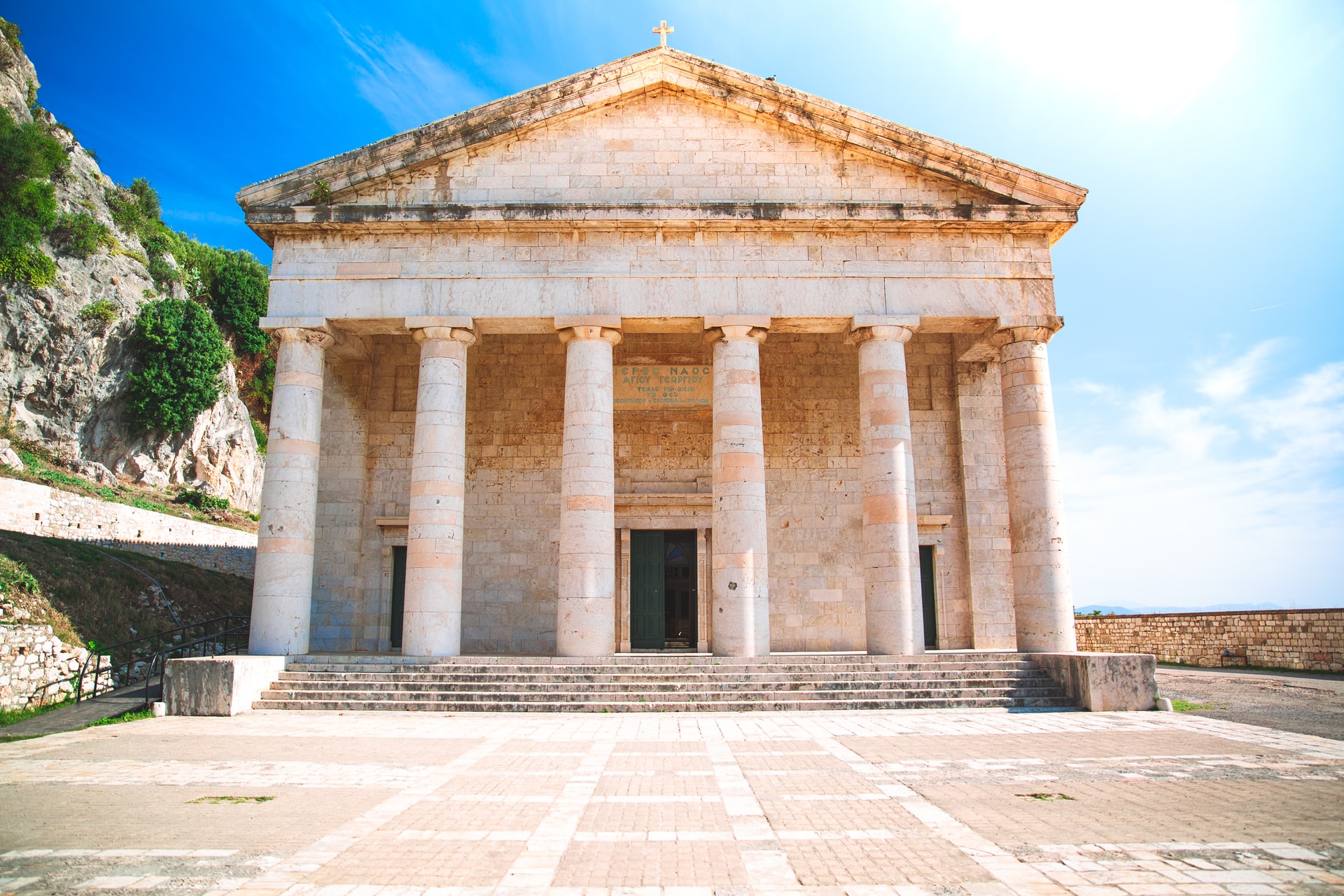
Desire
Curb your desire—don’t set your heart on so many things and you will get what you need
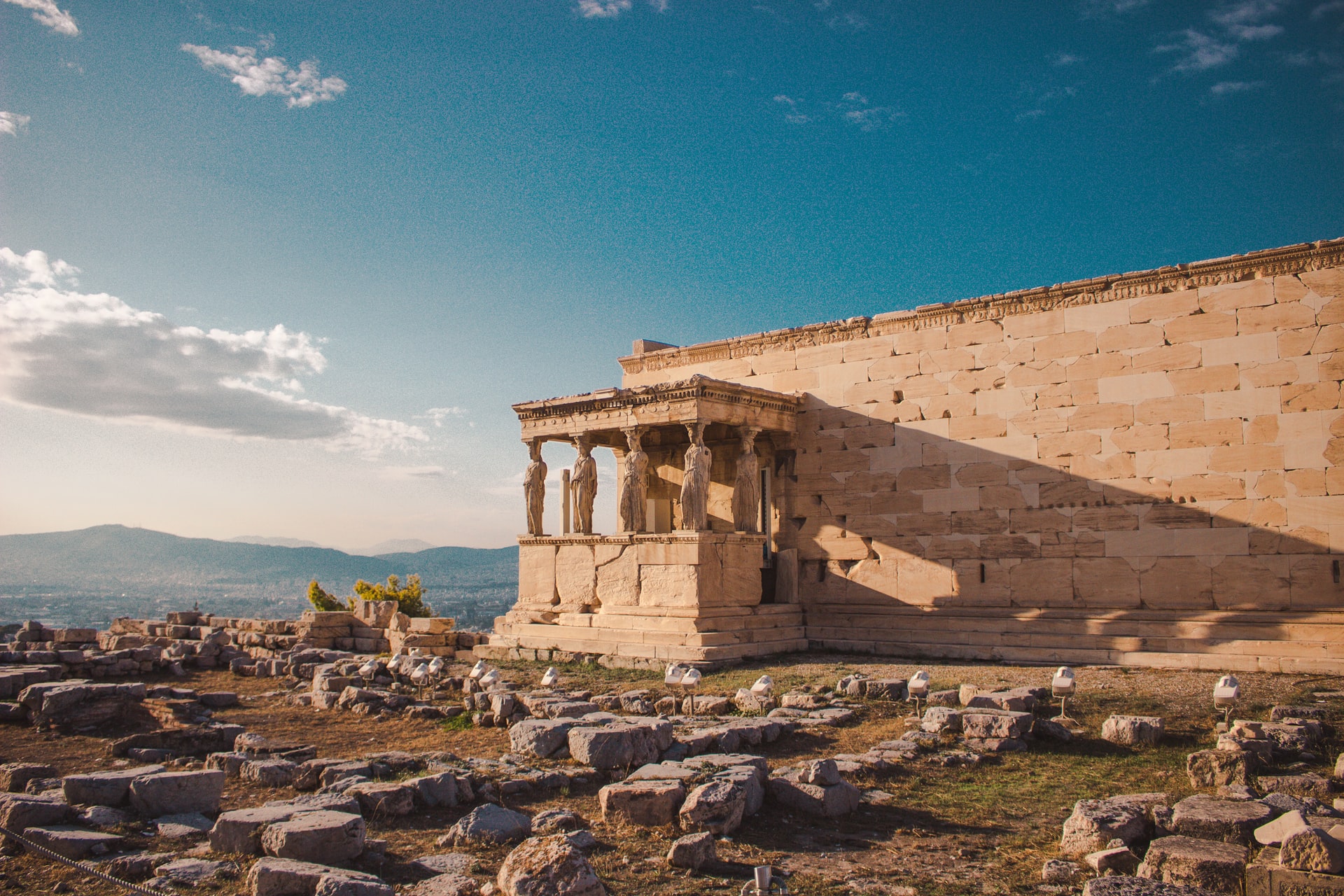
Troubles
“How does it help…to make troubles heavier by bemoaning them?”

You
“First say to yourself what you would be; and then do what you have to do.”

Life
“You could leave life right now. Let that determine what you do and say and think.” – Marcus Aurelius”
Stoicism is a school of Hellenistic philosophy founded by Zeno of Citium in Athens in the early 3rd century BC. It is a philosophy of personal ethics informed by its system of logic and its views on the natural world. According to its teachings, as social beings, the path to eudaimonia (happiness, or blessedness) is found in accepting the moment as it presents itself, by not allowing oneself to be controlled by the desire for pleasure or by the fear of pain, by using one's mind to understand the world and to do one's part in nature's plan, and by working together and treating others fairly and justly.
The Stoics are especially known for teaching that "virtue is the only good" for human beings, and those external things—such as health, wealth, and pleasure—are not good or bad in themselves (adiaphora), but have value as "material for virtue to act upon." Alongside Aristotelian ethics, the Stoic tradition forms one of the major founding approaches to virtue ethics.The Stoics also held that certain destructive emotions resulted from errors of judgment, and they believed people should aim to maintain a will (called prohairesis) that is "in accordance with nature." Because of this, the Stoics thought the best indication of an individual's philosophy was not what a person said but how a person behaved.To live a good life, one had to understand the rules of the natural order since they thought everything was rooted in nature.
Many Stoics—such as Seneca and Epictetus—emphasized that because "virtue is sufficient for happiness," a sage would be emotionally resilient to misfortune. This belief is similar to the meaning of the phrase "stoic calm," though the phrase does not include the "radical ethical" Stoic views that only a sage can be considered truly free and that all moral corruptions are equally vicious.
Stoicism flourished throughout the Roman and Greek world until the 3rd century AD, and among its adherents was Emperor Marcus Aurelius. It experienced a decline after Christianity became the state religion in the 4th century AD. Since then it has seen revivals, notably in the Renaissance (Neostoicism) and in the contemporary era (modern Stoicism).
